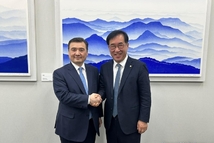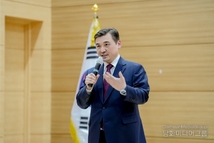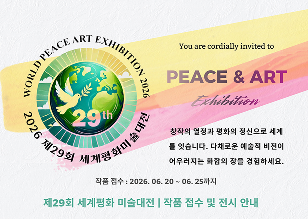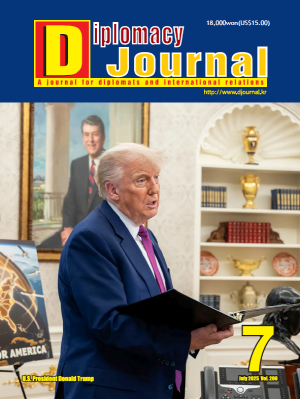Hanwha accelerates 'two-track management' with spin-off
Stated goals: specialization, increased efficiency, and market reevaluation
By Diplomacy Journal Lee Jon Young | Hanwha Corporation is implementing a spin-off into two entities: one corporation comprising the existing defense, shipbuilding, energy, and finance operations and a new entity encompassing Hanwha’s tech and lifestyle businesses. The strategy aims to simultaneously enhance corporate value and shareholder value by establishing strategic planning tailored to each business group's characteristics and building a rapid decision-making system. Hanwha Corporation announced on January 14 that its board of directors has approved the spin-off. The process is scheduled to be completed in July following an extraordinary general meeting of shareholders in June. The split ratio, based on net asset book value, will be 76.3% for the existing corporation and 23.7% for the new corporation. The existing shareholders will be allocated shares in both companies in proportion to their respective ratios. After the spin-off, the surviving entity will retain its defense, shipbuilding, energy, and finance affiliates, including Hanwha Aerospace, Hanwha Ocean, Hanwha Solutions, and Hanwha Life Insurance. Hanwha Corporation expects that this spin-off will allow it to focus its capabilities on core businesses, further enhancing its expertise and market competitiveness. Furthermore, Hanwha will also modernize its governance structure. The company plans to strengthen management transparency by establishing an independent audit support department, establishing a CEO succession policy, regularly disclosing dividend policies, and providing transparent guidance on shareholder proposal procedures. The company explained, "The specialization and increased efficiency of the surviving entity will lead to a market reevaluation." The tech and lifestyle sectors will be consolidated under the newly established holding company, Hanwha Machinery & Service Holdings. This will include tech affiliates such as Hanwha Vision, Hanwha Momentum, Hanwha Semitec, and Hanwha Robotics, and lifestyle affiliates such as Hanwha Galleria, Hanwha Hotels & Resorts, and Our Home. The new corporation's initial board of directors will consist of seven members, including three executive directors and four outside directors. Kim Hyung-jo, former CEO of Hanwha Hotels & Resorts, has been appointed as the inaugural CEO. Led by the new holding company, the company plans to strengthen strategic collaboration between tech and lifestyle, fostering "physical AI" solutions in the F&B and retail sectors as a next-generation growth engine. To achieve this, the company will expand investments, focusing on three core areas: "smart F&B," "smart hospitality," and "smart logistics." Alongside the spin-off, Hanwha Corporation will also significantly strengthen its shareholder return policy. It plans to cancel 4.45 million common shares, excluding employee performance-based compensation (RSU) grants, representing 5.9% of the company's total common stock and a market value of approximately KRW 456.2 billion. This is being called the largest treasury stock cancellation since the new administration took office. Additionally, the minimum dividend per share (DPS) will be set at 1,000 won, a 25% increase from the previous year, and all remaining old preferred stock will be purchased over-the-counter and then cancelled to eliminate the "holding company discount." Hanwha Corporation stated: "Through this spin-off, we will eliminate the conglomerate discount and ensure that each subsidiary independently pursues growth strategies and receives fair market evaluations. We will create a virtuous cycle in which both corporate and shareholder value increase in the mid- to long-term."



















































